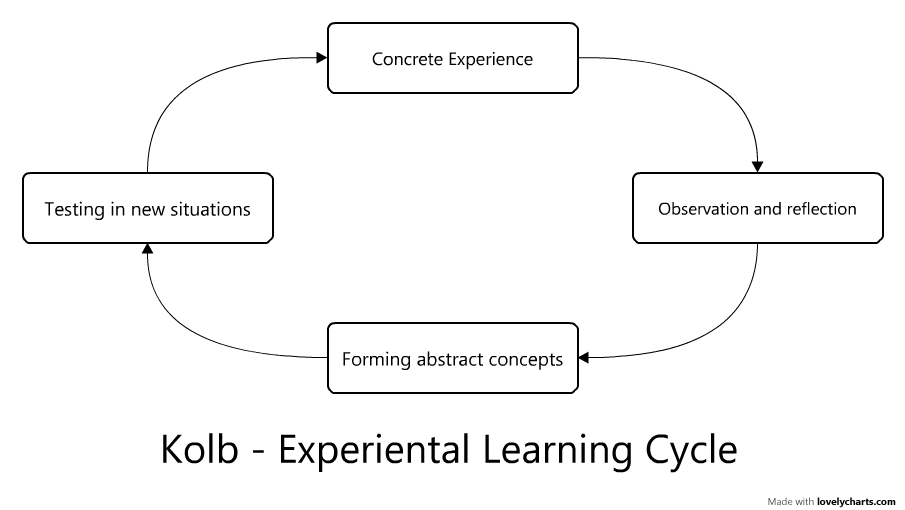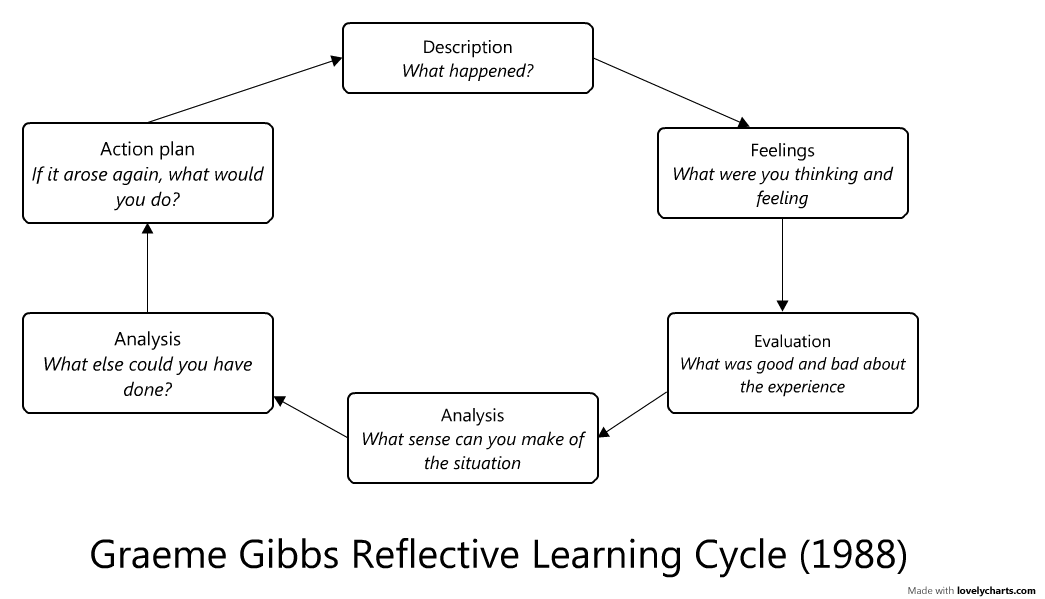Reflection
There are substantial benefits in being a reflective student. Research shows that students who are reflective when learning will have a deeper understanding of their subject.
From ePortfolio JISC Infokit
"The process of reflection through which learning experiences are explored can lead to deeper levels of learning (Barrett, 2004b) and help develop a range of skills essential to lifelong and lifewide learning. It is also a central element of Personal Development Planning and Continuing Professional Development. Reflective learners are likely to be more self-critical, self-aware, independent in their learning, motivated, self-managed and open to feedback and different approaches. By engaging with reflection and the associated processes of self-evaluation, action planning and goal setting, levels of achievement can be raised as evidenced by Becta’s report on the impact of e-portfolios on learning (Hartnell-Young et al 2007)."
What does being reflective mean?
There is a lot of research on reflective learning. Described below are three of the main contributors to this research. You can click on any of the images to expand them.
David Kolb - Experiential Learning
David Kolb is an American educationalist whose work focuses on experiential learning. Experiential learning is learning that takes place from experiences. He developed a learning cycle that shows learning taking place initially from experiencing a situation, then reflecting on that situation, forming generalisations and concepts, and then applying the knowledge learned.
Donald Schön - Reflection-in-action/Reflection-on-action
Reflection does not just take place after an event. Schon explained that reflection, albeit quick and less considered reflection, can take place during an event as well.
Graham Gibbs - Reflective Cycle
Gibbs expanded on Kolb's experiental learning cycle. He described a structured debriefing process to enable reflection.
Further reading:
Schön, D. (1983) The Reflective Practitioner, How Professionals Think In Action, Basic Books.
Kolb. D. A. and Fry, R. (1975) Toward an applied theory of experiential learning. in C. Cooper (ed.), Theories of Group Process, London: John Wiley.
Gibbs, G. (1988) Learning by doing: A guide to teaching and learning methods, Oxford Centre for Staff and Learning Development, . London: Further Education Unit.

